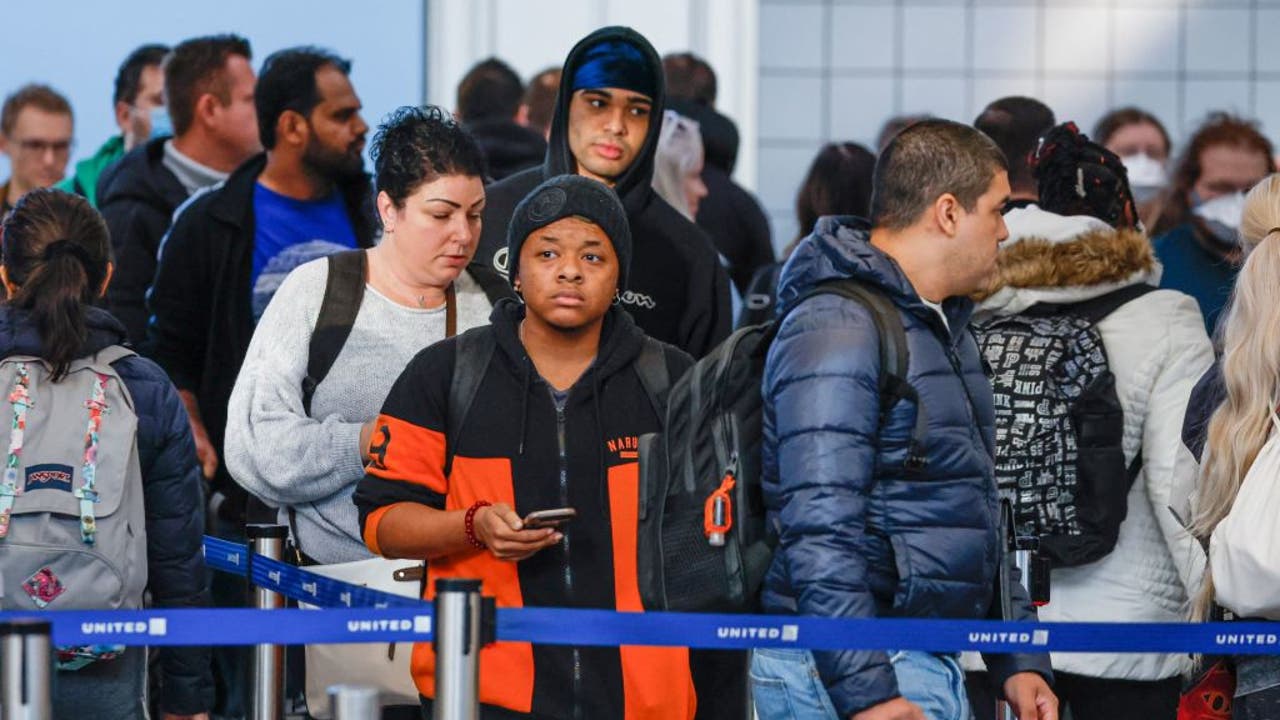Transgender adults are twice as likely to be unemployed as their cisgender counterparts, and they earn about 24% less each year, even when they have similar or higher education levels, according to a 2021 McKinsey & Company report.
Now, a local organization is trying to change things for Madison-area workers by providing networking opportunities and one-on-one career support for trans women.
The OPEN Foundation launched about a year ago as an offshoot of the Out Professional Engagement Network, or OPEN, a membership-based nonprofit that has supported LGBTQ+ professionals since 2006.
While the original organization focused on people who were already working in their desired field, the new project aims to help unemployed and underemployed people from the LGBTQ+ community find jobs or change careers. On Oct. 3, the OPEN Foundation will host a career fair designed for LGBTQ+ job seekers.
In February, the foundation teamed up with OutReach LGBTQ+ Community Center to start a program called Transform, which offers months of career coaching and training for trans women and transfeminine nonbinary individuals. The six participants in the first cohort are enrolled through the end of the year.
Among them is Ivy Jochem, 23, who identifies as transfeminine. The Madison native had worked retail jobs but wanted to move into the information technology field. She’d been unemployed for a couple months when her mom told her about Transform.
Over the past eight months, the program has helped Jochem overhaul her resume, find jobs to apply for and meet potential employers. Jochem got free membership to OPEN, which gives her access to the organization’s online networking community.
“It’s been a massive help just having assistance … because honestly, searching for jobs is just as stressful for me as being unemployed,” Jochem said.
Name tags and pronoun stickers sit on a welcome table at a mixer hosted in June by the OPEN Foundation and Women in Tech.
She transitioned four years ago and has openly identified as transgender since then, but with every job interview, she wonders what the prospective employer will think.
“It’s kind of a gamble. Nobody’s been directly awful to me, but it’s kind of a toss up whether they’ll be accepting or not,” Jochem said. “I have no idea what people think of me, if they’re harboring bigotry or hate.”
According to the McKinsey study, more than half of transgender employees say they’re not comfortable being open about their gender identity at work.
Compared to the other forms of discrimination that trans people face, employment discrimination may seem less obvious or important, but it can make it difficult to find work or get paid fairly, especially for trans people of color, Jochem said.
“It’s hard to land a job that’s going to be accepting and just treat you like a normal employee,” Jochem said.
She’d like a boss who’s flexible, like the managers in retail who let her seek refuge in the back of the store if someone came in to harass her for a social media video, Jochem said. But mostly, she’s just looking for a boss who “doesn’t really care” about her gender identity.
“I don’t need help, per se. I just need stable employment,” Jochem said.
Career coach and cheerleader
In her day job, OPEN Foundation founder Heidi Duss works remotely for Cornell University, where she manages human resources and leadership certificate programs and facilitates a diversity, equity and inclusion class for business school students.
At Transform, she reviews resumes and shares job listings. She’s used an app on her phone to give a pep talk to a participant sitting anxiously in her car before an interview and served as a wing-woman to participants paralyzed by the thought of networking.
“A lot of these individuals … don’t know how to be confident and empowered in who they are as an individual and their skill and the knowledge that they bring to an organization,” Duss said. “Sometimes they just need a cheerleader behind them. … That’s what I’m here for.”
The program is about more than career support. OutReach trans advocate Gabe Loredo and OutReach program director AJ Hardie, both trans men, are available to help participants with broader needs like getting their names legally changed.
The OPEN Foundation secured $15,000 from the Madison Community Foundation to fund the Transform program for a second year, when the organization plans to enroll a larger number of participants.
Career fair Thursday, Oct. 3
As of Sept. 25, employers and community organizations had claimed 27 of the 30 booths at the upcoming career fair, Duss said.
To make the event more suitable to LGBTQ+ job seekers, participating employers were required to complete a questionnaire about their companies’ benefits and policies. Most employers attended a voluntary training where they were encouraged to put their pronouns on their name tags, ask attendees for their own pronouns if they’re not listed, discuss specifics about their company culture and invite attendees into their booths rather than waiting for nervous job seekers to break the ice.
“Networking is a skill … and it can be awkward,” Duss said. “We want to set the employers and the candidates up for success to create a bigger impact.”
The career fair, which runs 2-5 p.m. Oct. 3 at the Monona Terrace Community and Convention Center, is free and open to the public. Prospective attendees are encouraged to register online and upload a resume. At the fair, staff from Madison employment agency QTI will print job seekers’ resumes and review them if asked.
Attendees can select from a “closet” of second-hand, business-ready attire curated by Chrysalis Hair & Body. The organization is seeking jackets, button-up dress shirts, accessories, women’s shoes size 9 and up, and men’s shoes size 8 and under.
Jochem is looking forward to the career fair. Traditional job fairs, she said, tend to make her nervous. She hopes this one will be less stressful.
“Being able to have an opportunity to see employers that will be more accepting and will have less of a pay disparity … is going to be really helpful for a lot of people, myself included,” Jochem said.











